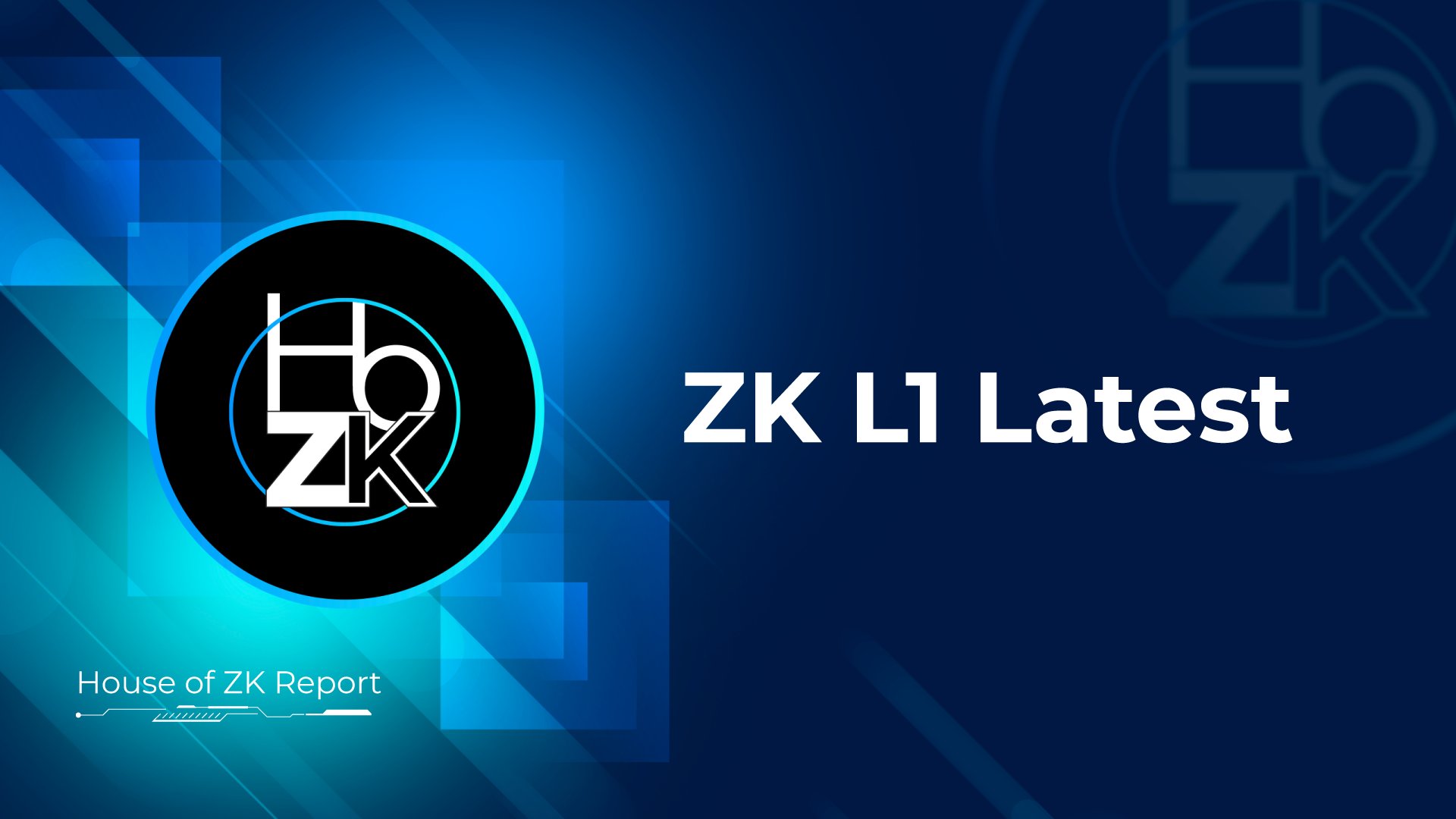
The Latest from the ZK-L1 Ecosystem
Here we track the progress of the leading builders within the ZK-L1 Ecosystem, documenting recent significant releases, technical breakthroughs and general updates.
Featuring: @AleoHQ/@ProvableHQ, @DuskFoundation, @horizenglobal, @hyli_org, @MinaProtocol/@o1_labs, @N1Chain, @nockchain, @PsyProtocol, & @Zcash.

Compliance
@AleoHQ submitted a response to the U.S. Treasury’s Request for Comment on detecting illicit activity involving digital assets: https://aleo.org/post/aleo-response-treasury-rfc-illicit-activity-digital-assets/
Addressing Question 6 specifically , Aleo emphasized how ZKPs and privacy-enhancing tools can help institutions manage risks while maintaining privacy. The response outlined three technologies - zPass, ViewKey, and ARC-100 - showing how privacy and compliance can effectively coexist in digital finance.
Partnerships
Aleo has migrated its ZK blockchain platform to @googlecloud to enhance privacy-focused Web3 development: https://x.com/AleoHQ/status/1983263785436483946
Using BigQuery and Compute Engine, Aleo gained deeper insights into network activity, improved performance by 10%, and cut infrastructure costs by up to 20%.
The partnership enables developers to launch Aleo nodes via Google Cloud Marketplace, streamline software releases, and support future confidential payment projects with Google Pay.
Provable
@ProvableHQ has announced the release of Aleo Stack v4.3.0, featuring upgrades to snarkOS and the Leo programming language: https://provable.com/blog/announcing-aleo-stack-v4-3-0
The update introduces native Keccak+ECDSA signature verification, enabling Aleo to verify messages from ecosystems like @ethereum within public smart contracts.
Node synchronization is now five times faster, while transaction and solution broadcasting have become more stable. Leo adds optional types, persistent storage, and new serialization tools. The mainnet upgrade is scheduled to activate on November 4, 2025.
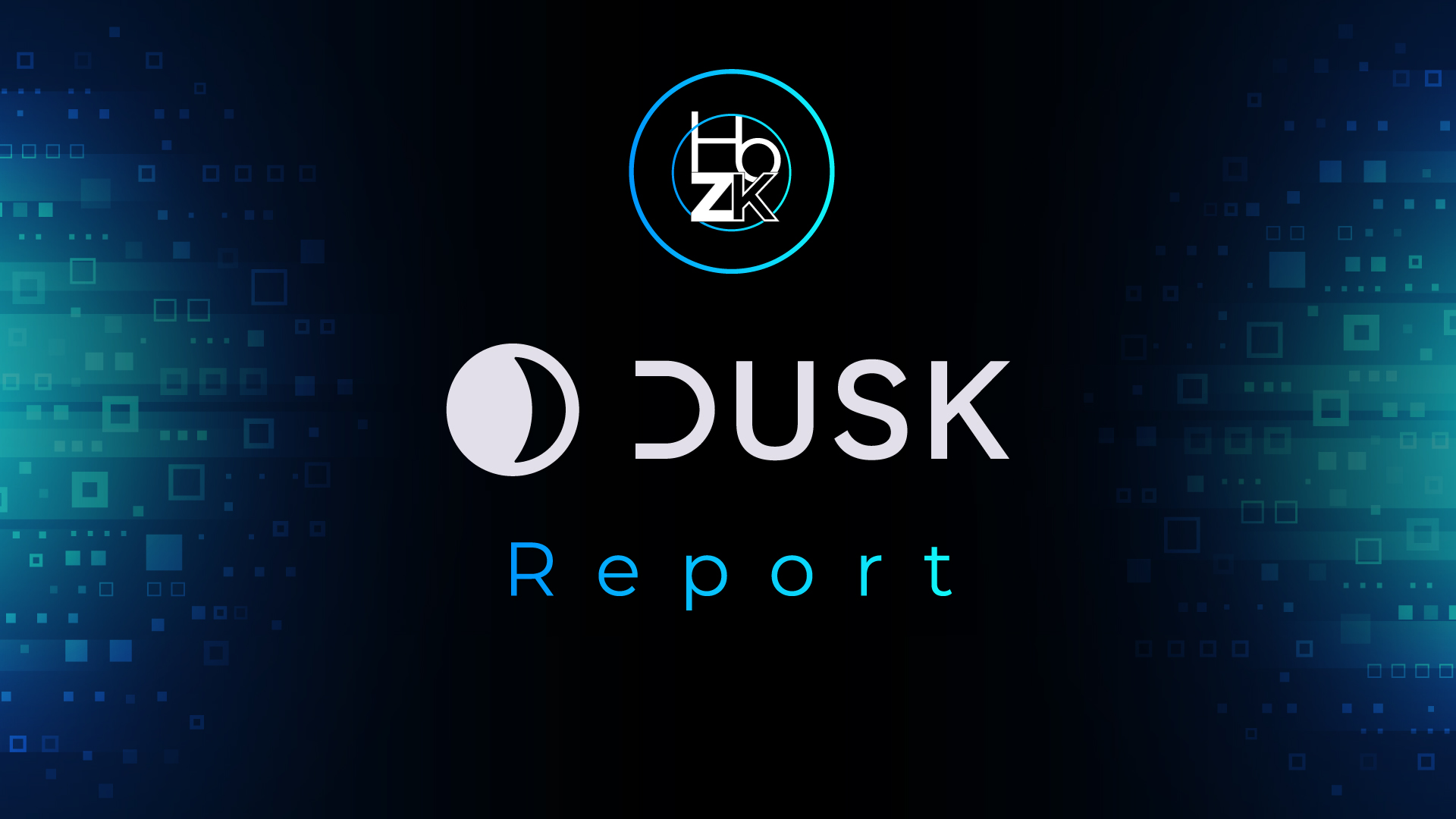
@DuskFoundation shared an article explaining that since launching DuskDS and new partnerships earlier this year, the team is focusing on three key areas: DuskEVM, STOX, and the DLT-TSS exemption: https://dusk.network/news/3-keys-success/
DuskEVM is an EVM-compatible blockchain designed to integrate with the wider crypto ecosystem. STOX is a regulated trading platform for assets like stocks and bonds.
The DLT-TSS exemption, developed with @npex, aims to simplify on-chain issuance, supporting Dusk’s broader goal of accessible, compliant financial innovation.
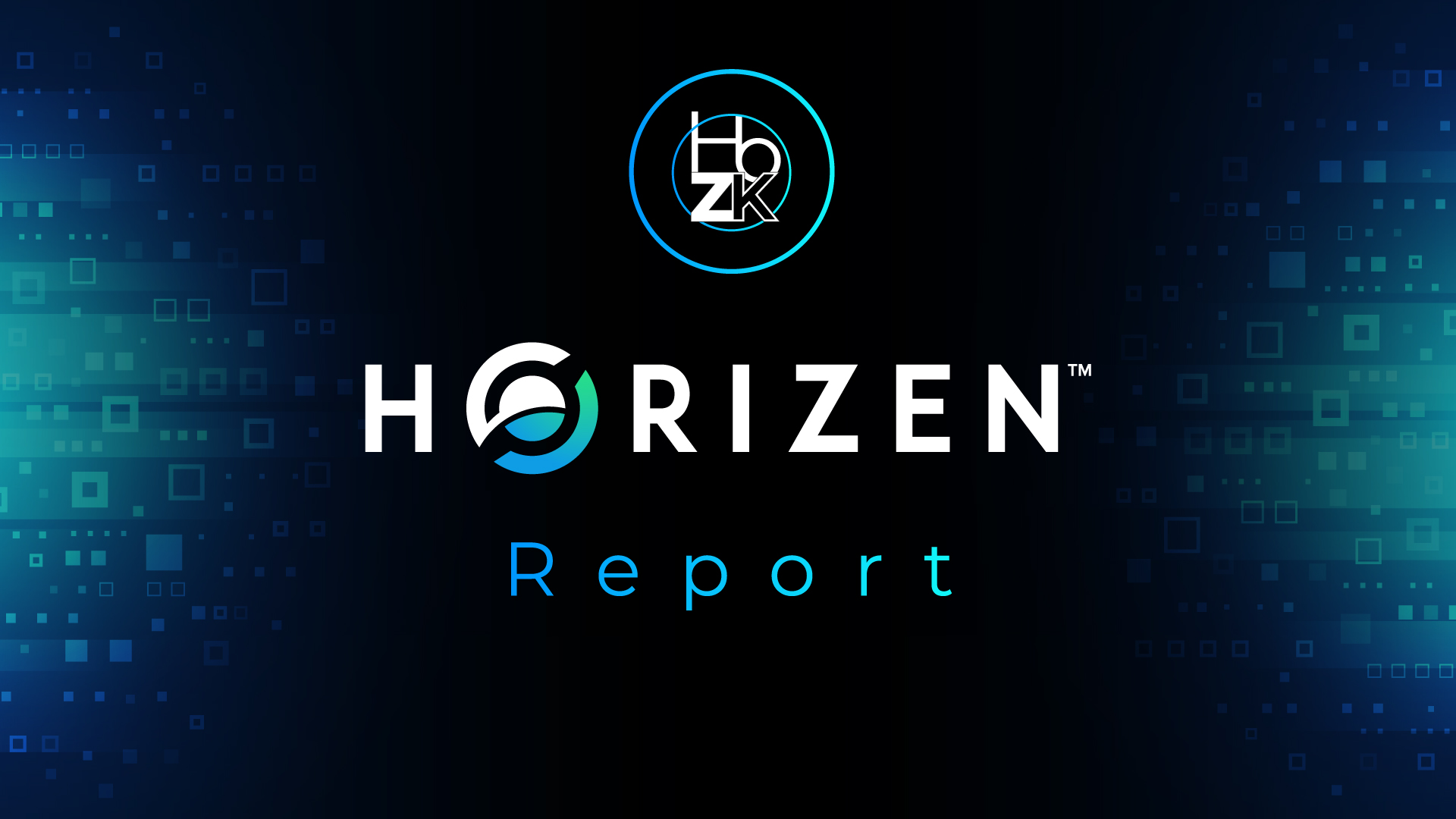
Publications
1/ @horizenglobal published an article covering how public blockchains face a “transparency problem”, making them unsuitable for handling sensitive data: https://mirror.xyz/horizenofficial.eth/uxV3svVOPCpMOHMWa8KH4eZzB8800vgdALXfwfWul9I
The piece argues that privacy and compliance need not be opposites, proposing “auditable privacy” as a balance between the two.
Horizen’s approach enables users to prove regulatory compliance without exposing private information, creating a decentralized, user-controlled ecosystem that ensures both trust and data protection.
2/ Horizen Co-founder @robviglione shared in a @CoinDesk article that crypto’s strict adherence to total privacy may be limiting its growth: https://coindesk.com/opinion/2025/10/29/crypto-privacy-shouldn-t-be-a-purity-test
He argues that refusing to compromise drives away institutions and fuels regulatory backlash. Instead, he calls for “compliant privacy” using technologies like ZKPs, allowing selective disclosure that satisfies both users and regulators while preserving individual control over financial data.
Funding
Horizen and @thriveprotocol announced funding for the next two projects advancing privacy and trust in digital advertising and DeFi social trading on the Horizen network:
• @AdPrivaAds: A user-owned ad ecosystem replacing cookies and tracking with privacy-preserving cryptographic proofs. Its consent-based proof engine uses ZK proofs anchored on-chain to verify genuine human attention and reward users while ensuring transparent, fraud-free advertising: https://x.com/horizenglobal/status/1980720229568115145
• @UseObscura: Building the Verifiable Reputation Layer for DeFi, Obscura enables traders to prove performance without exposing strategies using zkSNARKs and TEEs. It brings privacy-preserving reputation and trustless social trading to the Horizen ecosystem: https://x.com/horizenglobal/status/1978184177783836841
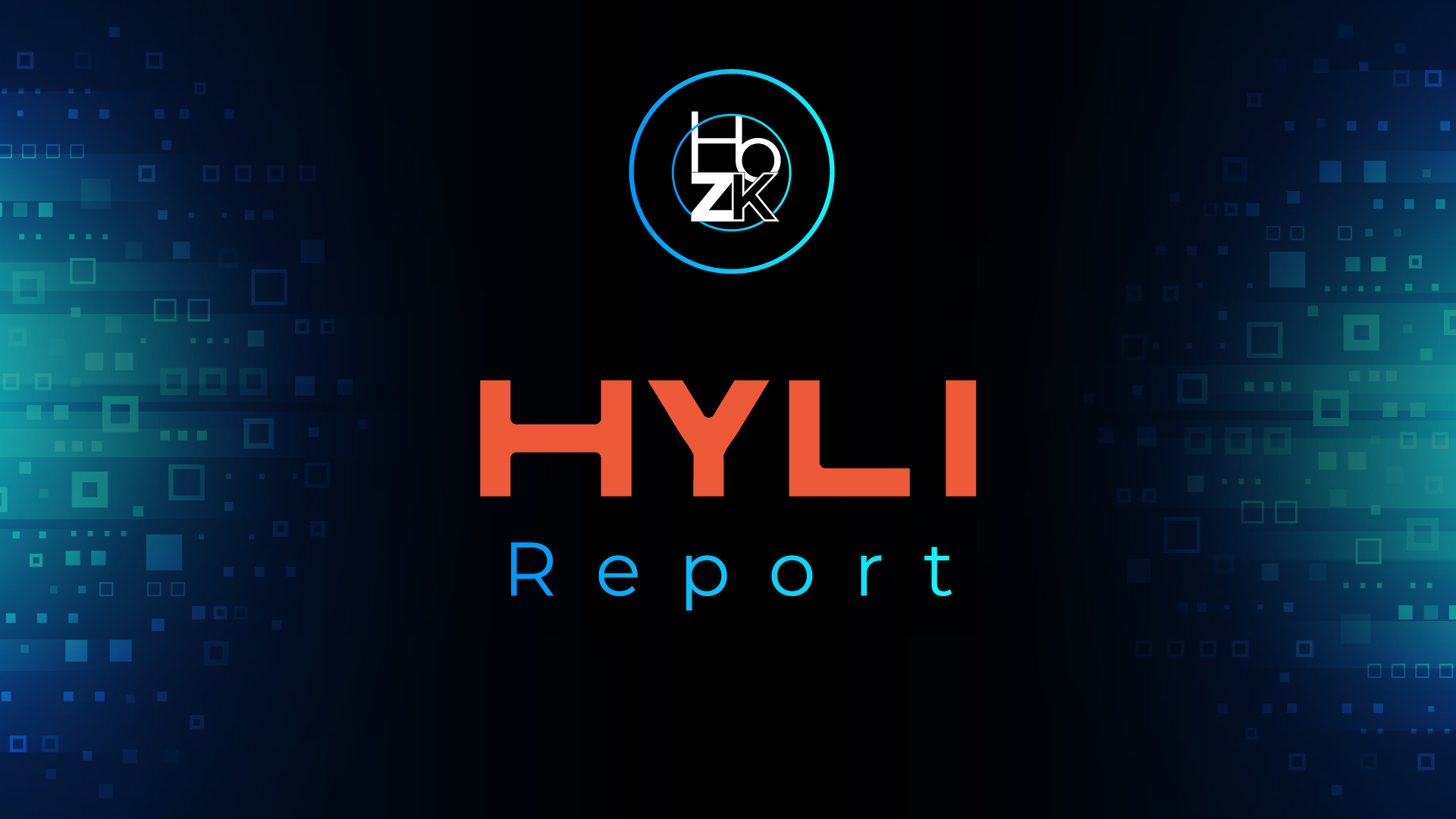
CacheCash
@hyli_org has introduced CacheCash, a demo faucet mini-game enabling instant, private token transactions: https://blog.hyli.org/launching-cachecash/
Players slice items to earn “Pumpkins,” with each transfer verified through the open-source proof systems SP1 by @SuccinctLabs and @aztecnetwork's @NoirLang. Transaction details remain local, while only cryptographic commitments are stored onchain.
An upcoming P2P feature will extend CacheCash into fast, auditable, privacy-preserving digital payments.
Platform Insights
Hyli presents a five-part video series filmed across Paris, where CEO and Co-founder @sylvechv explains the platform’s main concepts: https://blog.hyli.org/hyli-in-paris/
Each episode pairs a Paris location with a core idea: identity abstraction, verifiable apps, the Autobahn consensus, fast data availability, and enshrined proofs.
Through these episodes, Hyli illustrates its vision for a seamless, efficient, and secure blokchain experience.
Media
Sylve will join @ClementWalter from @KakarotZkEvm for a special @HouseofZK session to discuss client-side proving and how it’s already usable today with Hyli and CairoM: https://x.com/HouseofZK/status/1983915716525826455
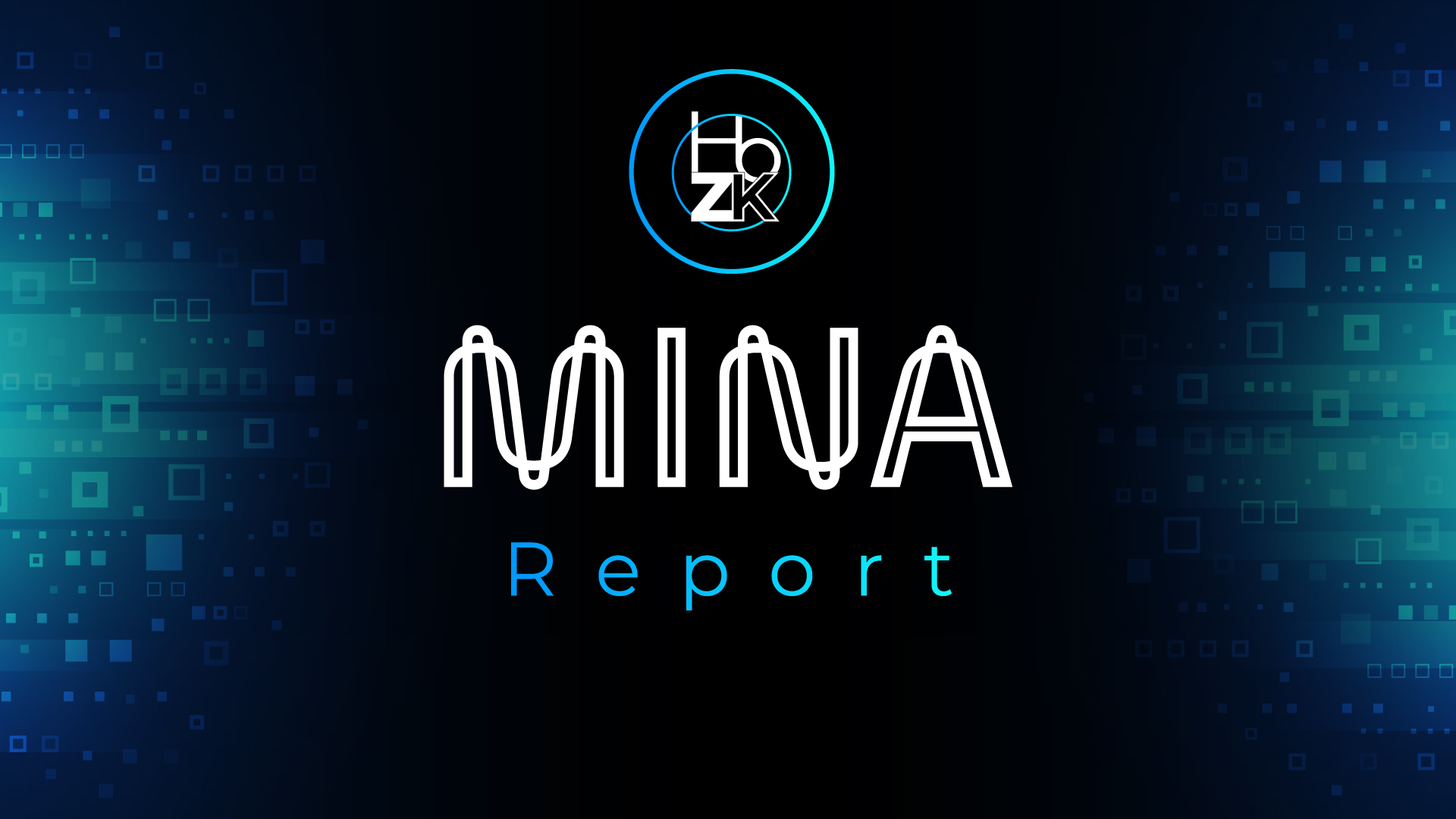
Anon Aadhaar
@MinaProtocol has introduced “Anon Aadhaar” in o1js, adapting the original @PrivacyEthereum concept for its ZK framework: https://x.com/MinaProtocol/status/1978208211363913847
The project enables users to verify details like being over 18 without revealing personal information. Using Mina’s recursive SNARKs, proofs are created in-browser and verified on-chain. Built by @minabuilders, the open-source demo showcases privacy-focused digital identity solutions.
Tech
Mina announced plans to automate hard forks and protocol upgrades, allowing nodes to pre-migrate ledgers during normal operation for instant, autonomous transitions: https://x.com/MinaProtocol/status/1983562860258033752
Users may choose between an automatic or manual update flow. The change aims to improve decentralization, eliminate timing-sensitive steps, and enhance security.
Publications
Mina published an article explaining how @ZekoLabs, a ZK rollup built within the Mina stack, enhances scalability and user experience for ZK apps: https://minaprotocol.com/blog/bringing-the-mina-stack-to-life-with-zeko
The Mina Protocol keeps its blockchain verifiable at a constant 22KB size using recursive proofs, ensuring accessibility and decentralization.
Zeko adds faster execution, privacy-preserving computation, and batched settlement to Mina’s secure foundation, delivering up to 100× faster performance for zkApp developers.
Mesa Upgrade
@o1_labs reports Mina’s Mesa upgrade progressing: https://x.com/o1_labs/status/1982899606292967764
• Hard-fork automation plan has entered community review.
• Account Update and Actions/Events MIPs have completed their final review phase.
• OCV mechanism is finished, with final testing now in progress.
• Second hard-fork dry run continues, and updated timelines are expected soon.
• SDK and node teams report build improvements, bug fixes, and enhanced stability.
Events
Mina will sponsor @HouseofZK's upcoming Verifying Intelligence event in Buenos Aires during @EFDevcon.
Details + RSVP: https://luma.com/xevcy7za
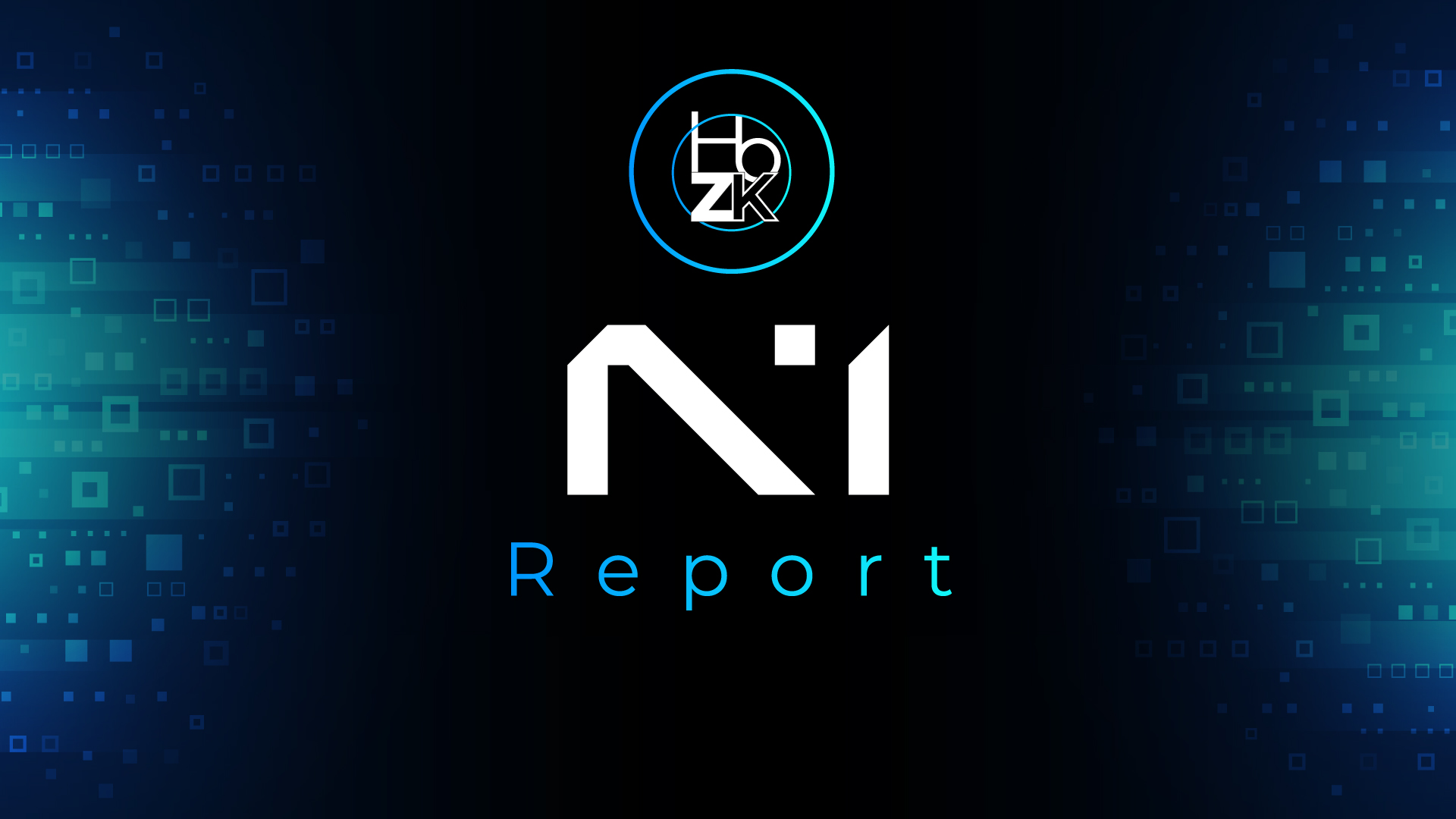
@dima_null, Co-founder & CEO of @N1Chain, wrote an article in which he reflects on building a decentralized perpetual exchange during @solana’s instability in 2022: https://x.com/dima_null/status/1983163118453682607
Despite strong fundamentals and early success with @01_exchange, repeated network failures and the FTX collapse forced a shutdown.
Those challenges led to creating N1 - an infrastructure built to withstand extreme conditions and enable reliable high-frequency trading.
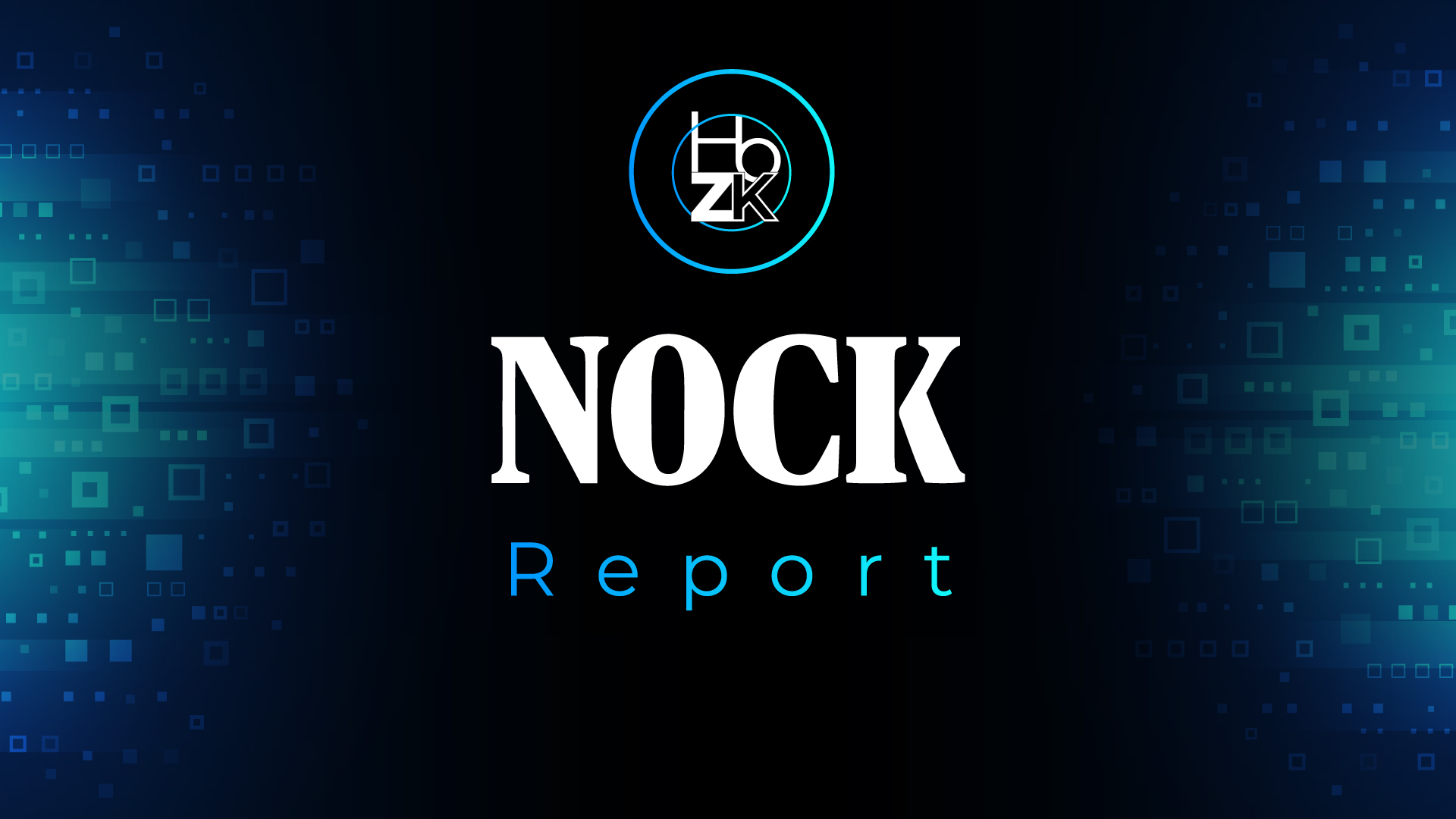
Transaction Engine v1
@nockchain will activate a protocol upgrade at block 39,000, introducing Transaction Engine v1: https://nockchain.org/programmability-begins/
The update includes Segregated Witness for efficient transactions, shorter Pay-to-Public-Key-Hash addresses for privacy, and new lock scripts that enable programmability and data storage.
All node operators and miners must upgrade before activation to remain in consensus. The release also prepares Nockchain for its first cross-chain bridge.
Publications
Nockchain published an article covering how its network reaches consensus through a Zero-Knowledge Proof-of-Work system:https://nockchain.org/consensus/
Miners solve proof puzzles, and nodes follow the chain with the most accumulated proofpower. This ensures security and prevents malicious forks. Blocks are validated through transaction checks and network propagation.
Using libp2p for peer connections, miners, backbone nodes, and watchers maintain synchronization and support decentralized scalability.
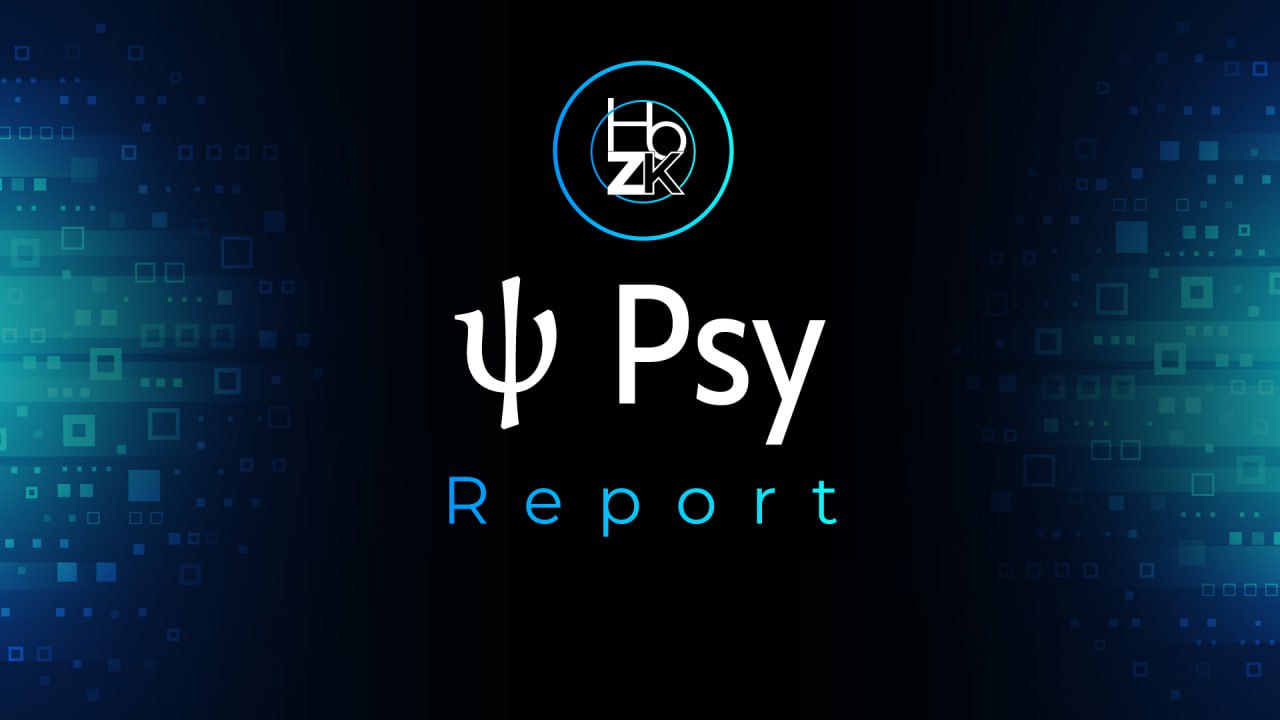
@PsyProtocol shared a post highlighting a shift from human-centric to agent-centric Web3 systems: https://x.com/PsyProtocol/status/1980263724775772355
The project explained that traditional blockchain control through single key pairs limits automation. Its new concept, the Agent-Centric Account Model, uses programmable “SDKeys” where control is defined by logic and circuits.
This approach enables AI agents to transact, manage liquidity, and operate securely within an autonomous, rule-based blockchain economy.
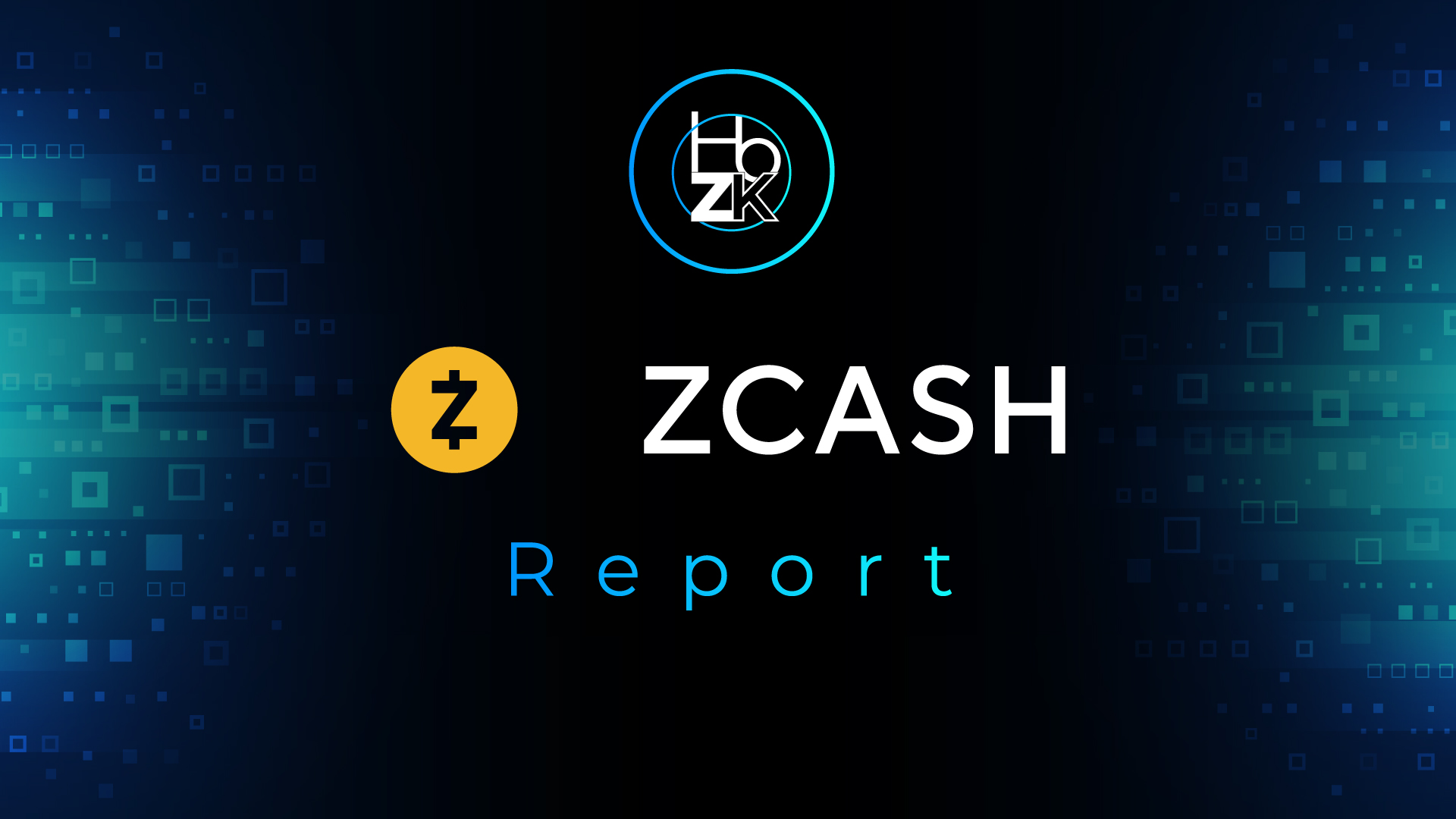
@Zcash shared their latest updates focused on development progress and upcoming milestones: https://zechub.substack.com/p/zcash-shielded-news-vol54
Highlights include:
• @ElectricCoinCo continues improving @zashi_app wallet, adding bug fixes, Ephemeral Transparent Addresses, and preparing Zashi Vault.
• @ZcashFoundation released Zebra 3.0.0 RC.0 ahead of Network Upgrade 6.1, improving performance and configuration: https://zfnd.org/zebra-3-0-0-rc-0-release/
• Shielded Labs advanced work on a hybrid Proof-of-Work/Proof-of-Stake system.
• Collaboration across ECC, Zebra, and Zaino strengthens privacy and scalability within the network.